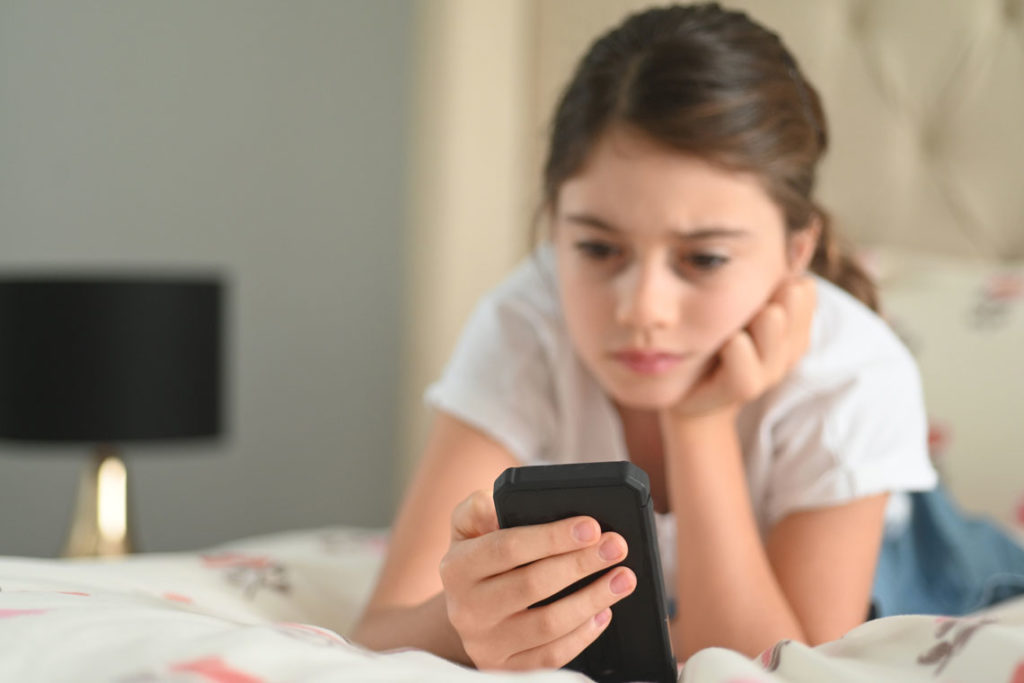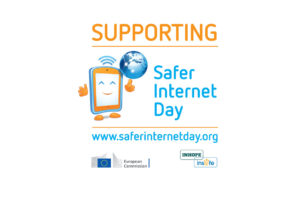
The online world has changed young people’s way of life, how they communicate, their education and their relationships with the wider world.
The majority of time spent online for children is extremely positive, engaging and fun. Technology brings many great benefits; however, it also carries risks which can put children and young people in danger.
In the ISPCC, we have noted that the age profile of when a child can be harassed online has gotten much younger.
Several years ago, we would have supported many adolescents and their families who experienced negative online incidents but we now see children aged ten or eleven who have been subjected to serious and threatening online harassment.
This includes cyberbullying, the posting of abusive or threatening messages, identify theft and impersonation.
We have also seen children feeling pressured into share intimate images of themselves and then seeing these images being circulated afterwards.
Here are some helpful tips if you child is faced with online harassment:
- Try to Stay Calm Negative online incidents naturally raise heightened emotions in parents including fear and anxiety. This is totally understandable but it is important that our children see us as a calm presence as this will help regulate their own emotions through a crisis. Initial conversations should be about listening, not judging or overreacting.
- Create a Support Network The ISPCC has a support line for parents open Monday – Friday 9am -1pm where you can chat to a therapeutic support worker for further guidance, support or advice.
- Save Any Messages as Evidence Keep a record that outlines, where possible, the details, dates and times of any form of harassment that your child experience. This will be very useful for a subsequent Garda investigation.
- Delete the App It may be appropriate in some instances to delete the app where the incident occurred (but remember to save evidence beforehand).
- Advise Your Child Not To Retaliate Bullies are looking for a strong reaction and response from their target. Instead, take the power back: block them and hopefully the bullying will stop. Every site has a way of blocking and reporting.
- Contact An Garda Síochána Approach your local garda station if the abuse is particularly threatening or serious. (Please note that Hotline.ie is the Irish national reporting centre where members of the public can securely, anonymously, and confidentially report suspected illegal content online, especially child sexual abuse content and activities relating to online child sexual exploitation.)
- Update your Child’s School For serious incidents, update your child’s school and any significant adults in their lives e.g. sports coaches or youth leaders on the situation so that they can monitor your child and be extra vigilant of them.
- Establish a Safety Agreement Educate your child on what will help them stay safe while navigating the online world. Ask them how they are doing emotionally and how they are keeping safe online. If you don’t already have them in place, explore parental controls for your child’s device(s).
- Stay Vigilant Monitor any changes in mood, sleep or eating and keep a close eye on their mood when they come off their screens. Find a balance of time spent online and offline.


